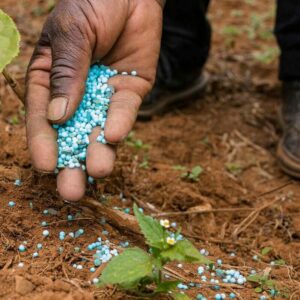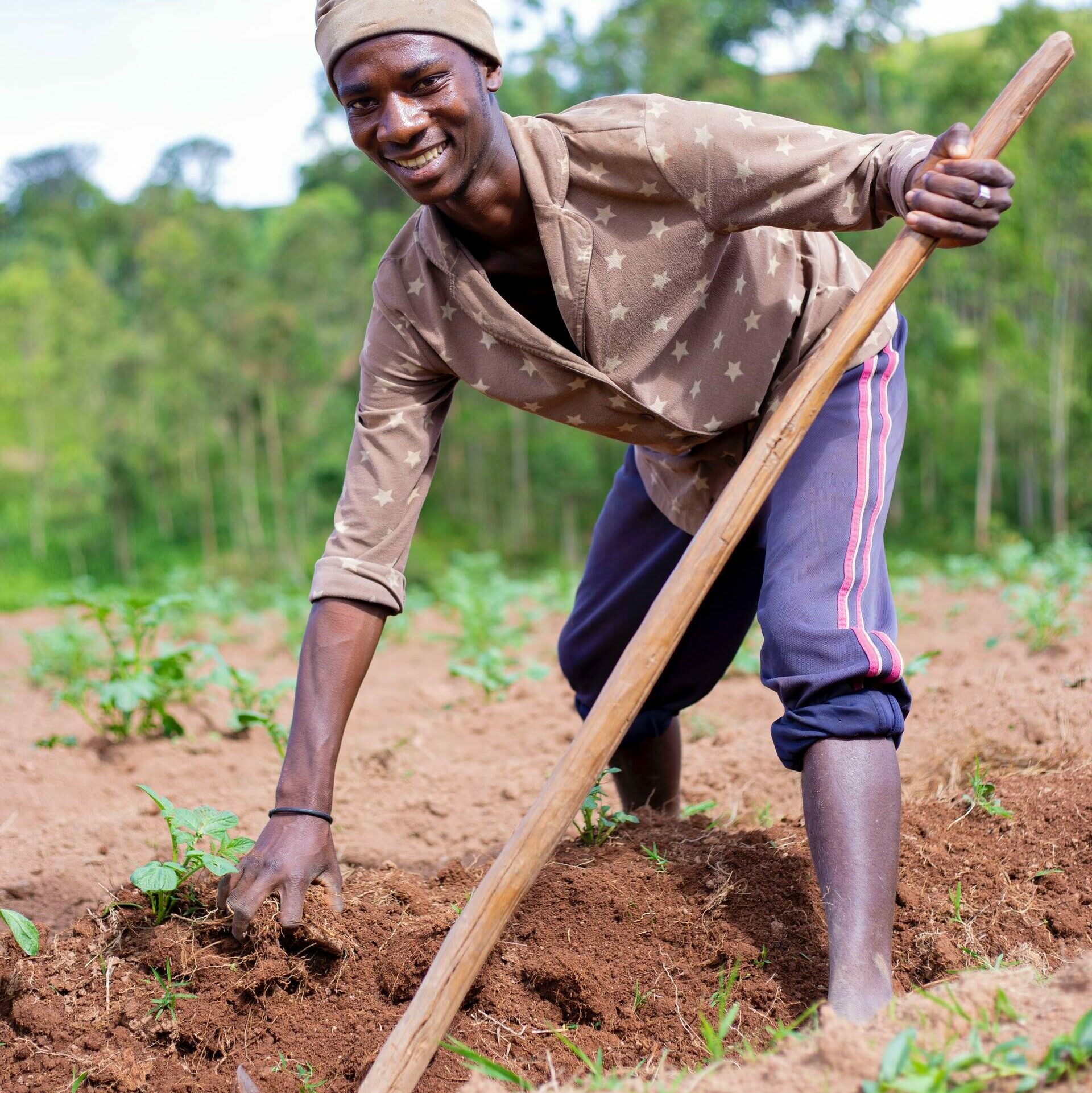FF News and Views – Nov/Dec 2022
November/December 2022, Volume 43, Number 163
From the Desk of Ellen W. Harris, DrPH
Regardless of who or where we are at this time of the year, many of us reflect and give thanks. We’ve faced several challenges. Our response to the COVID-19 pandemic continued. Economies globally, nationally, and locally with inflation at its highest in over 40 years affects us all, some far too worse than others. Coming out of the COP27, we see some change in climate action but it needs to be much more aggressive and heightened by government, the private sector, and civil society, if we are to protect our Mother Earth.
Weaknesses in supply chains due to the pandemic caused us to recognize, honor and strengthen the resiliency in local and regional systems. There is power in working together. There is power in numbers. There is power in the village.
I give thanks for the work done by Food First to address food justice and food sovereignty. We created a Village Council and look forward to the power of their wisdom. Our Seed + Grants Program offers small seed grants to individuals and organizations to help plan, initiate, and pilot community-based food justice and sovereignty projects. We, also, re-constituted our Fellows Program to support early career researchers, academics, and grassroots organization advocates. One Fellow is creating an art-inspired interactive food justice program for youth in Cleveland, OH. In the MS Delta, another Fellow, a farmer himself, is working with 5 other BIPOC farmers in partnership with Alcorn State University to develop a farmers’ market, a multi-county vegetable box program, and an e-commerce website. Our third Fellow in Detroit, MI, is using participatory ethnographic research methods to develop a Black food and farm cooperative curriculum.

I give thanks to the many BIPOC organizations and others that work tirelessly for food justice, food sovereignty and a better world for all. I give thanks for the part that Food First contributes towards that effort. Expressions of gratitude to everyone. Peace and blessings to you all as we close out the year 2022.
Spotlight Article
Native Americans Across Midwest Embrace Traditional Foods Rejected by Centuries of Colonization
Reprinted with permission from Harvest Public Media.
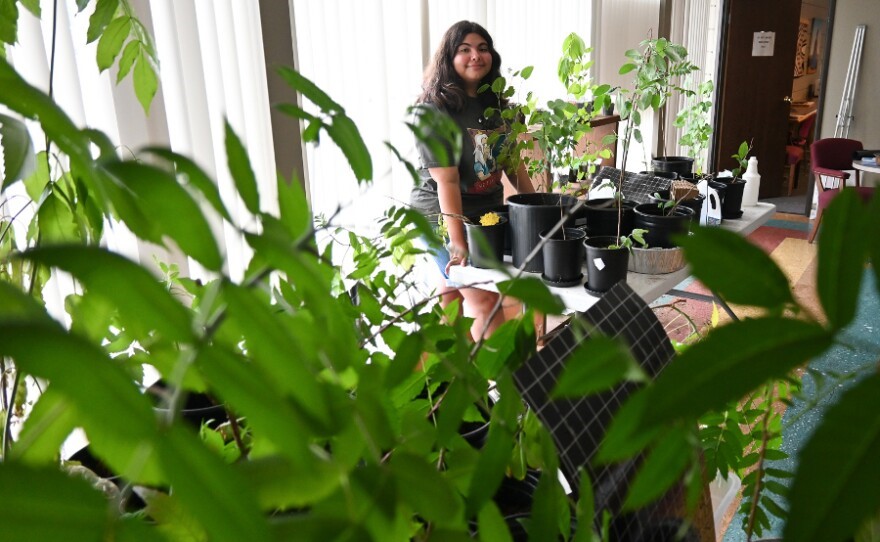
The idea of food sovereignty — or people having the right to control where and how they get food — is growing throughout the U.S. It especially resonates with Native Americans, many of whom have been separated from their cultural food by centuries of colonization, leading to systemic food insecurity and health disparities.
“I think we have to be cognizant of the historical role that the federal government and the American people have played in displacing the indigenous plants and animals to begin with,” said Heather Dawn Thompson, director of the Office of Tribal Relations at the U.S. Department of Agriculture. Thompson, who is a member of the Cheyenne River Sioux Tribe, knows about the systemic factors at play. She said the U.S. government tried to eliminate bison while settling America, leaving Native American tribes without a food source and without their sovereignty.
The impact of those efforts by early settlers on Native Americans hasn’t faded into the past. According to a study in the Food Security journal, researchers found Native Americans make up less than 2% of the U.S. population, but they suffer from some of the highest rates of food insecurity, poverty, diet-related diseases and other socio-economic challenges.
Other Thought-Provoking Articles
Owamni’s Rated the Best Restaurant in the US – Celebrating Native American Cuisine
Dana Thompson is the co-owner of Indigenous eatery Owamni. At Owamni, all food on the “decolonized” menu is prepared with ingredients common to Native Americans. The concept is part of the broader movement called food sovereignty, or the right of Indigenous people to have culturally appropriate food raised through sustainable methods. This idea has been embraced by the National Congress of American Indians, long discussed in Tedx Talks, and increasingly showing up in food carts, startups and restaurants as part of their business model.
Thompson started this restaurant along with her nonprofit, North American Traditional Indigenous Food Systems, which offers an Indigenous Food Lab. This concept is why Owamni was named the best new restaurant in America. The Indigenous Food Lab is an innovative approach to ensure recipes are infused with notes of native ancestry and chefs are trained on cooking ancestral Native cuisine. In her words, food has the potential to empower native communities to have more control over their own healing process.
Stories ‘From the Farm’
The articles in this section are from real stories of transformative change led by indigenous communities – UN Report curated, summarized and edited by Florina Lepadatu, Yongyi Min, Heather Page, Cheuk Wing Travis Yip and Yixing Zhu.
Bocas del Toro Province of Panama
“In the Bocas del Toro Province of Panama, two indigenous women, Rosibel Quintero and Isabel Sánchez, founded the United Woman of Bonyic (OMUB) to develop and manage community gardens. Seeing some children faint during class because they were not physically suited for the long-distance travel to school, Rosibel Quintero and Isabel Sánchez believed that the OMUB could be a solution to malnutrition among children and created a small vegetable garden at the school. “At the time, we did not have universal scholarship or opportunity network subsidies for families, not milk and nutritional foods that kids have at school today provided by the authorities. Still, we didn’t want to see more children weak at the school”, said Rosibel Quintero, President of OMUB. After 17 years of effort, their dream of a garden had grown into a small natural lodge for tourists with a vegetable garden containing cucumber, cacao, lettuce, plantain, tomatoes, cilantro, yam and other traditional crops. It also generated income to support the pursuit of university studies. Due to disruptions to the tourist industry during the pandemic which left the women without income and resources, the community resumed community vegetable gardens, adding new crops with financial support of a small donations program from the United Nations Development Programme. They were able to feed their children during the pandemic from the community gardens and saved enough to buy cell phone cards for children to continue their schools virtually.”
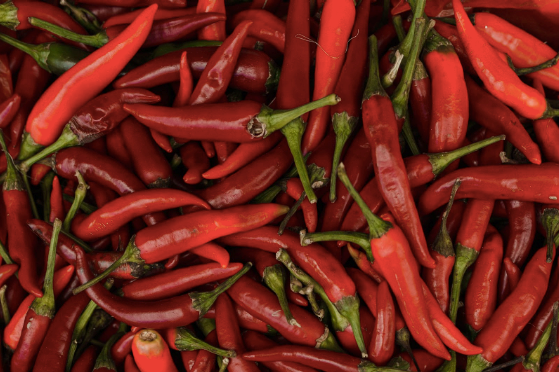
Seeds of Change
“Whenever my brothers visit, they look at my hands and remark that it’s time I rest my hardened hands. I laugh it off. Farming is my passion, it is the lifeline that kept us afloat. Until my last breath, I want to be a farmer.” Arulrahini started farming at 12 to support her parents who were severely ill. Despite the social pressure telling her otherwise because of her gender, she continued to work in the farm even after marriage at age 26. In 2017, Arulrahini joined other women, including Nagulan Vijayaluxmi, and formed the Malarumboomi Women’s Agriculture Development Cooperative. With support from both family and the Cooperative, her income has grown significantly. That same year, she also received an interest free loan to help her grow her farm. “I bought about 500 kilos of onion seeds from the loan, sold the harvest and used the money to expand my farm gradually. Malarumboomi provided me with a second loan to cover the expense to dig another well, so I could engage in farming all-year round without relying only on the rains,” she says. “We started with 35 members and now are 114 strong.”
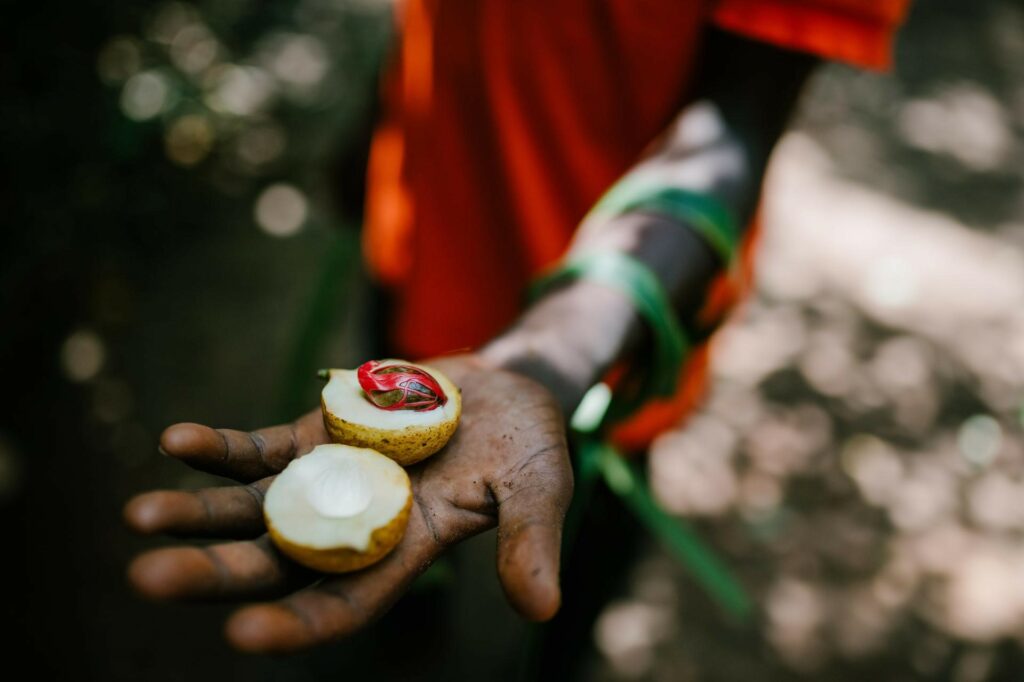
Harvesting and Harnessing the Rain
“With the simple rainwater harvesting system that was built for us, we were able to collect 5,000 precious liters of water in the last six months,” said Ramata Faye, a 68-year-old grandmother and farmer from the municipality of Cherif Lô in Thiès in Senegal. Crop cultivation has been especially challenging due to climate change, ultimately resulting in either too much or too little water. The dry season now lasts more than 9 months. Sudden torrential rainfall could also occur, leaving the farmland inundated. Close to 90 percent of farming households in Senegal practice rain-fed agriculture. More than 450 households benefit from the nine rainwater harvesting systems. Another 200 people were trained to maintain them to provide a reliable water source to keep the fruit trees and vegetables watered. “Now we can use rainwater in the dry season. Inhabitants of neighboring villages now want to set up a garden like ours. It’s important the whole community is involved in this type of initiative,” explains Ramata. Thanks to the water harvesting system, Ramata is able to keep the gardens and the nurseries thriving. It also gives her a new sense of purpose and the power to provide essentials like medicines to her family. The thriving gardens continue to provide a source of income for her to send her children to school with extra to save for the future.”
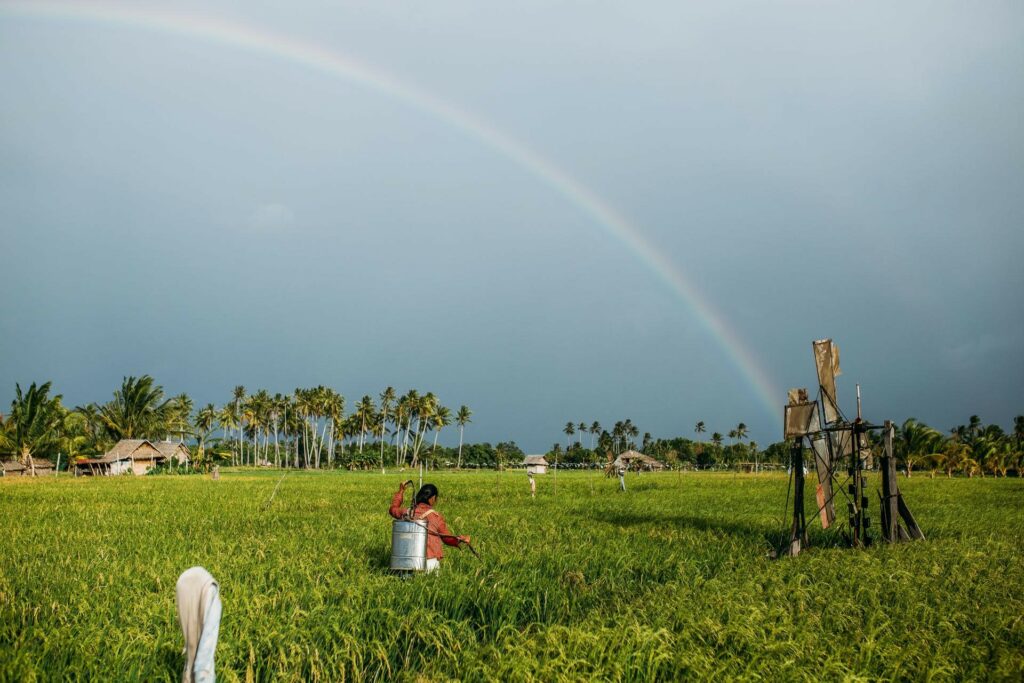
United Nations’ Sustainable Development Goals
Help us bring awareness to the SDG programs!
There are several ways to get involved – you can advocate for change by reaching out to your local legislation, or start a fundraising campaign in your community to fight for food justice!
To make a greater impact for BIPOC communities, we are creating our own Sustainable Community Goals (SCGs) to align with the Sustainable Development Goals that address world hunger, climate change, sustainable cities and communities, and partnerships for the goals.
We want your feedback! Part of this SCG program will be providing webinars on various topics around food insecurity and sustainability. We are asking for suggestions on topics for the upcoming video and podcast series – details coming soon!
Submit your response below:
In the meantime, you can start by joining one of the UN’s 17 global initiatives to fight for a more equitable and greener future!
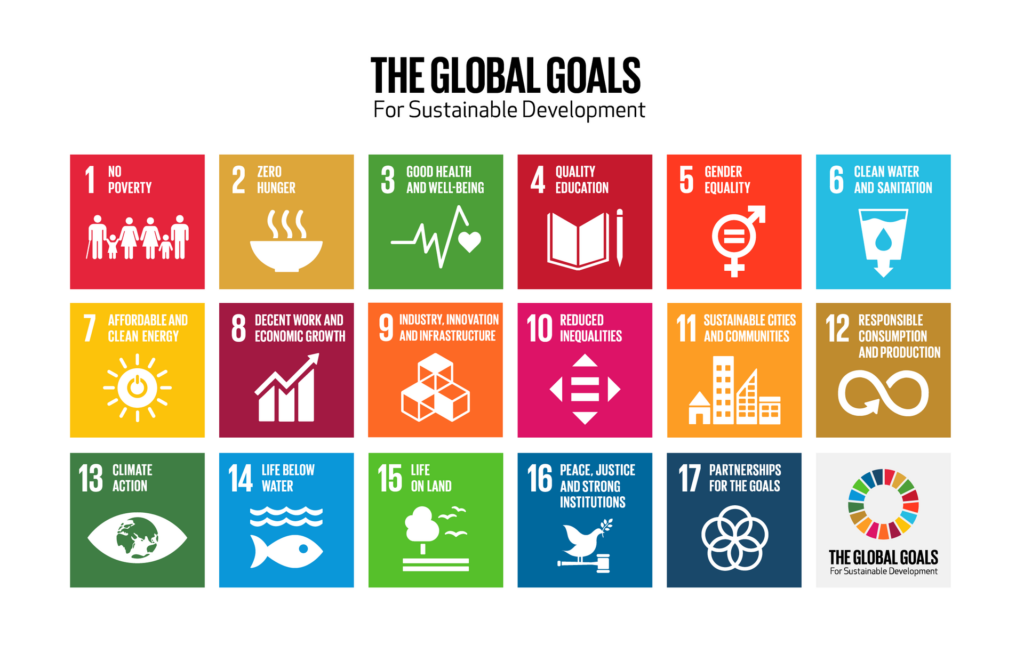
Educational Resources
- Microloans 101 for Farmers
- Navigating the Farm Bill – Lender Toolkit
- USDA’s Report on the Farming Economy
- FAOSTAT Interactive Data Center
Support Our Work
Here at Food First, we are working on the front line to provide programs to support those living in a state of food insecurity. Our Fellows Program and Seed + Grants Program offer fellowships and grants, respectively, to support community-based food justice and sovereignty projects. Ready to join the #foodsovereignty movement? There are many ways to support our work. We humbly ask for your help as we prepare for 2023!
Make a donation: https://foodfirst.org/support

